MESSAGE
Students
MIYAMOTO Taiki
Faculty of Engineering
 Certified Advanced All-round Achiever (Global)
Certified Advanced All-round Achiever (Global)
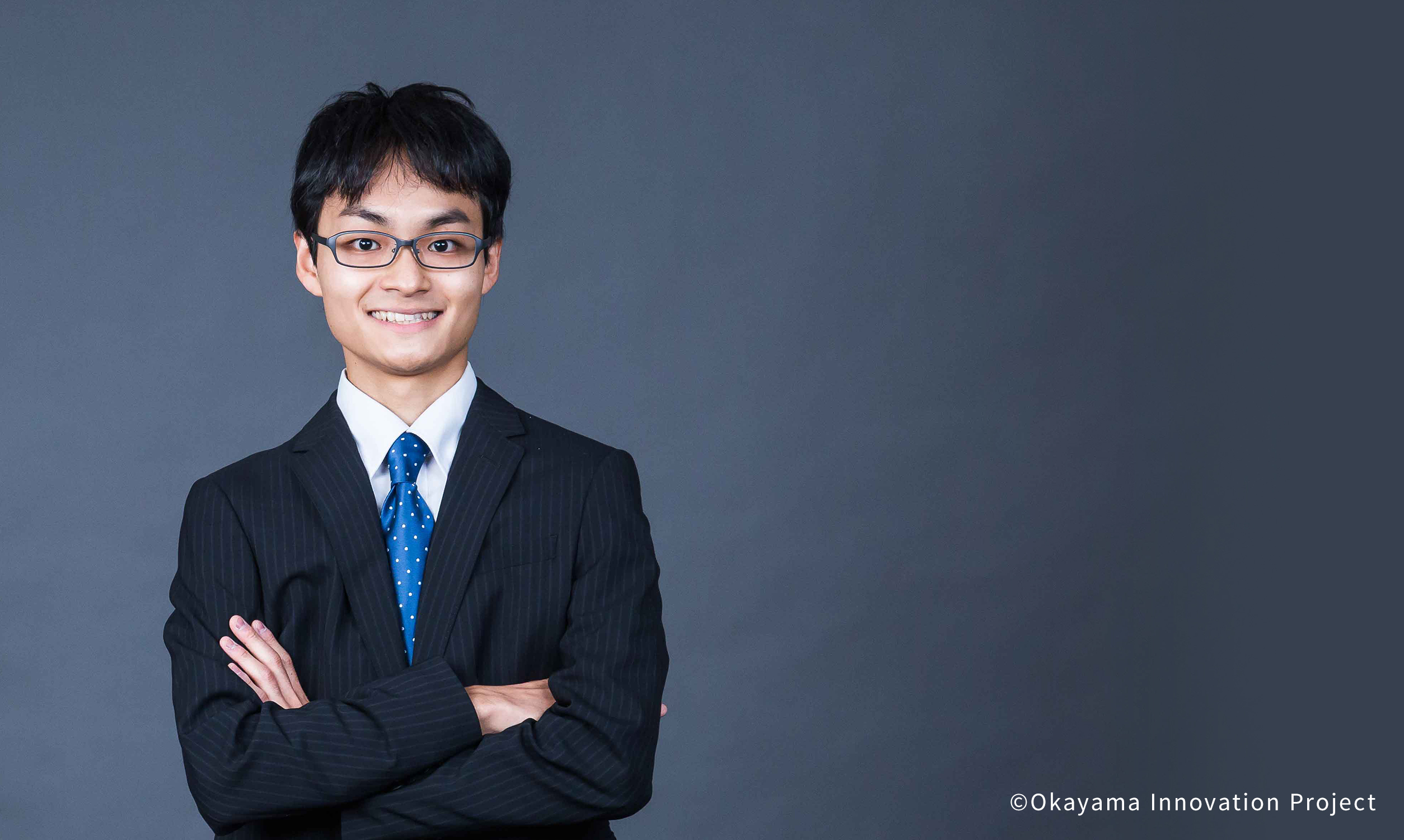
Profile
He is from Shimonoseki City, Yamaguchi Prefecture, and currently studies at the Department of Electrical and Communication Engineering, Faculty of Engineering, Okayama University (graduation in March 2021).
He served on the executive committee at the 64th International Student Conference in 2018. He joined a research internship program in the U.S., and after returning to Japan, organized a computer programming course under the STRIPE intra & Entrepreneurship Empowerment and Development (SiEED) program (present-day “-Ceed”). He won the semi-grand prize in the university and college student category of the Okayama Innovation Contest 2020. He will continue studying at the Graduate School of Natural Science and Technology of Okayama University from April 2021.

In my second year at Okayama University, I was a member of the executive committee of the 64th International Student Conference (ISC). The ISC is an annual meeting where more than 60 students from over 20 countries meet to discuss global issues. At the ISC, I was particularly impressed by the remark made by one of the foreign participants that “racial discrimination is still rampant in the world.” I was astounded because I had always believed that people’s awareness had changed so dramatically in recent decades that racial discrimination was almost a thing of the past. The ISC exposed me to the realities of the world, but I was frustrated not to be able to express my thoughts and feelings sufficiently in English. Immediately after the ISC ended, I resumed studying English, but this time really hard. The experience had motivated me to improve my English.
In my third year, I studied at the University of Rhode Island in the U.S. for three months. The purpose is not to study English, but to do research work as a member of a laboratory of the host university. Instructors at the laboratory were from India and Turkey, and I studied with colleagues from Iraq, Egypt and Germany. That experience taught me what the term “racial salad bowl” means. Having worked hard to improve my English after the miserable experience at the ISC, I could communicate confidently with the lab members in English. At the laboratory, I researched image recognition using machine learning in a project to develop industrial robot software. This experience has helped me in my current research with a company using image recognition technologies. While I had learned some computer programming at the university before, the experience in the U.S. also motivated me to improve my computer programming skills, and I began wanting to develop some service on my own.
After returning to Japan, I worked as a student staff member on an endowed course of Okayama University called the “STRIPE intra & Entrepreneurship Empowerment and Development (SiEED)” program. (The course was closed at the end of March 2020 and replaced by “-Ceed”). To introduce more people to the fun of programming, I organized a three-session computer programming course for beginners, and that was when I began dreaming of starting my own business. Especially, I was inspired by Mr. Yamashita, Director of SiEED, who said “You don’t have to start a business, but if that’s the best way for you to accomplish your goal, you should give it a try. Take action anyway. Whether you get to the stage of registering a company is another thing.” Encouraged by his words, I decided to enter the Okayama Innovation School.
It all started from wanting to overcome being too shy to ask out the girl I liked. When applying for admission to the Okayama Innovation School, I submitted one of the ideas from my “idea list” from my high school days. It was about a matchmaking app that allows LINE users to select people whom they’d like to date from their list of friends and notify the users when there’s a match. Based on this idea, I was admitted to the Okayama Innovation School. However, this was just a student’s idea and had many problems. So, I discussed the idea with friends and based on their feedback, tried to figure out what value the app could offer, and who could benefit from it, and how. This led me to design a matchmaking service, Skitte, and for this innovation, I was awarded the semi-grand prize in the university and college student category of the Okayama Innovation Contest 2020. As a next step, I will tackle the distinction, or discrimination, in romantic relationships: most matchmaking services are free for female users but not for men, and a match is made only between users of the opposite sex. This makes me feel uncomfortable. I want to change the situation with Skitte and create a world where anyone can express their love for another person, regardless of gender, age, or nationality. While my original purpose was to overcome my problem of being unable to approach the girl I liked, I am now determined to keep improving my computer programming skills at graduate school and create services tailored to the needs of society.
As of February 2021
OTHER MESSAGE
-
Alumni
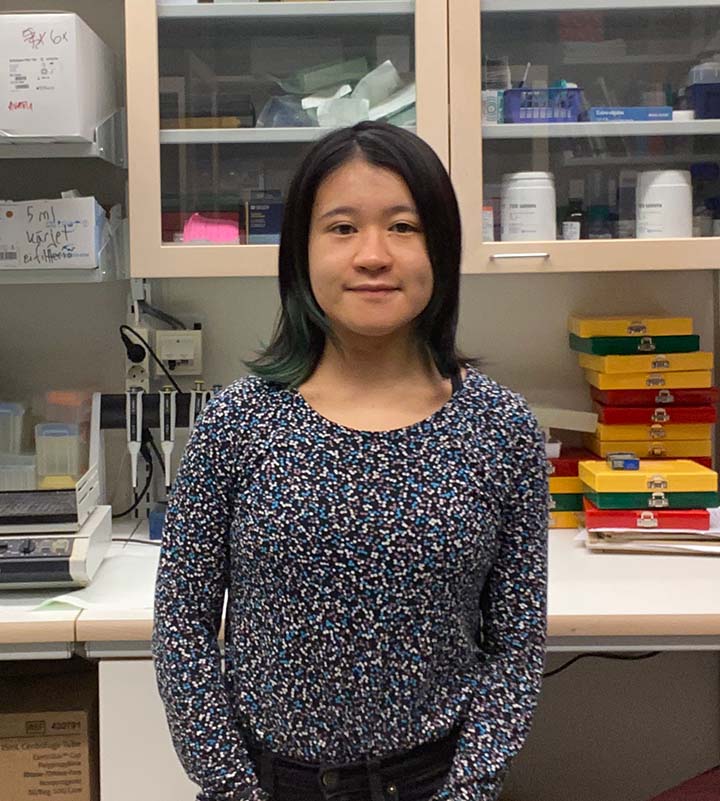
PUTTONEN Yukako
Medical School
Graduated in 2020Certified Advanced All-round Achiever (Global)
-
Alumni
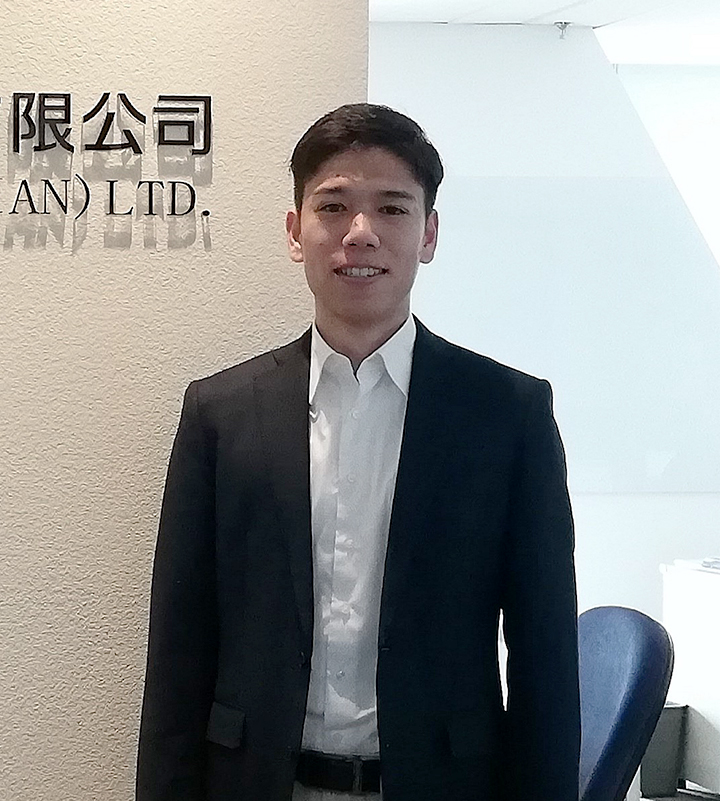
SHIKI Kenta
Faculty of Agriculture
Graduated in 2017 -
Alumni
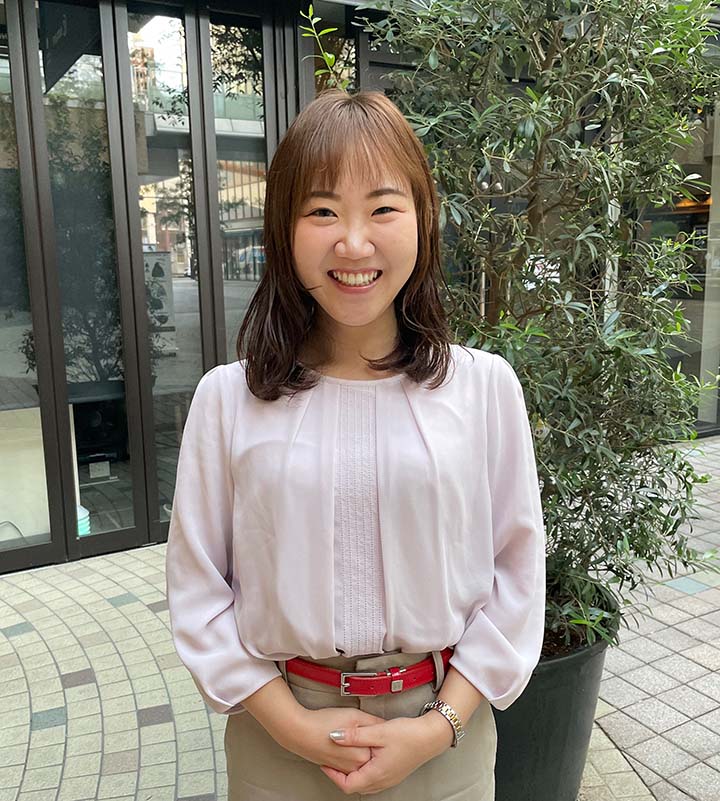
SHINKAWA Minami
Faculty of Law
Graduated in 2020Certified Advanced All-round Achiever (Global)
-
Alumni
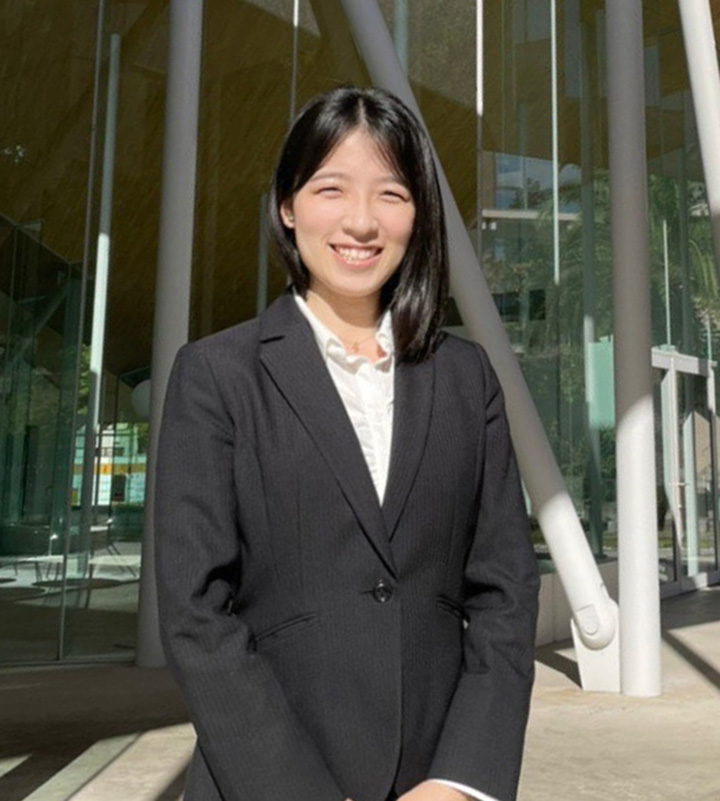
FUJIMOTO Naomi
Medical School
Graduated in 2018Certified Advanced All-round Achiever (Global)
-
Student
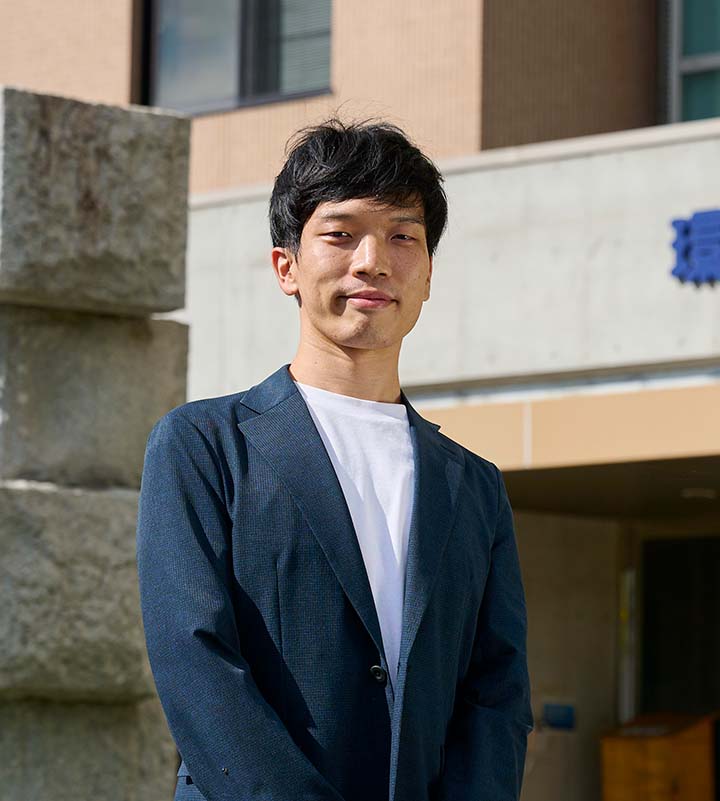
WATANABE Hiroki
Graduate School of Environmental and Life Science
-
Student
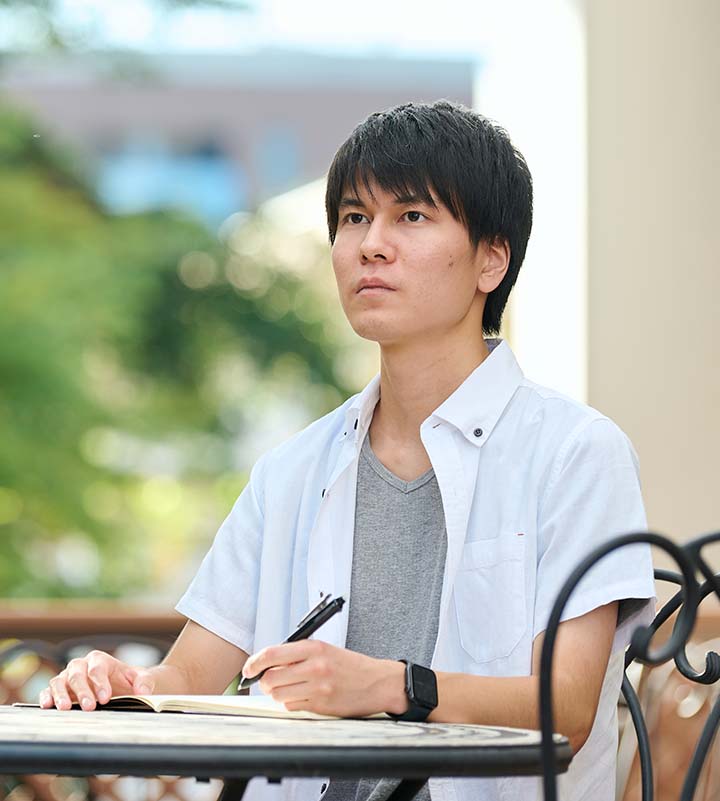
NAKAZAWA Takuya
Faculty of Economics
Certified Advanced All-round Achiever (Global)
-
Student
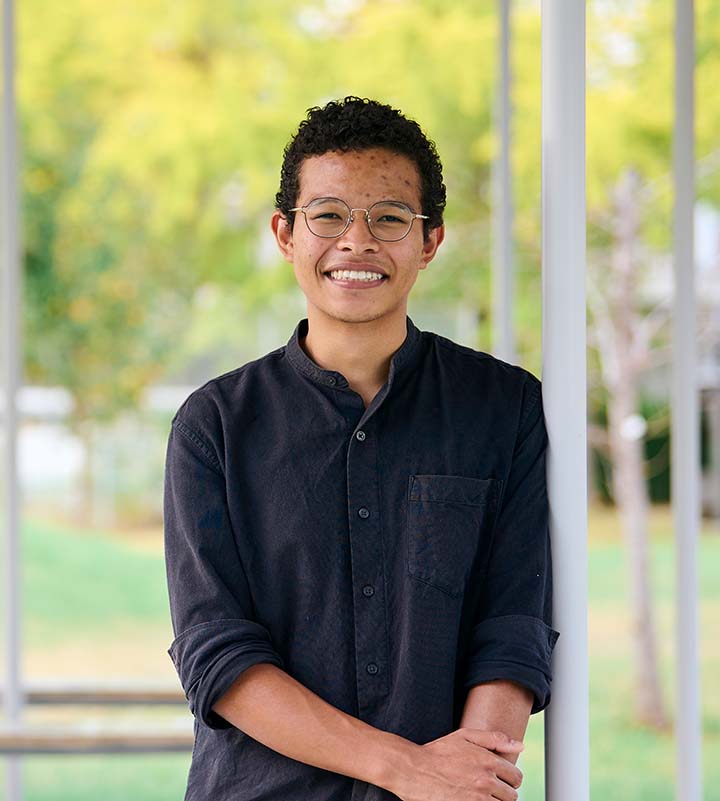
TSUYAMA Khaya
Discovery Program for Global Learners
Certified Advanced All-round Achiever (Global)
-
Student
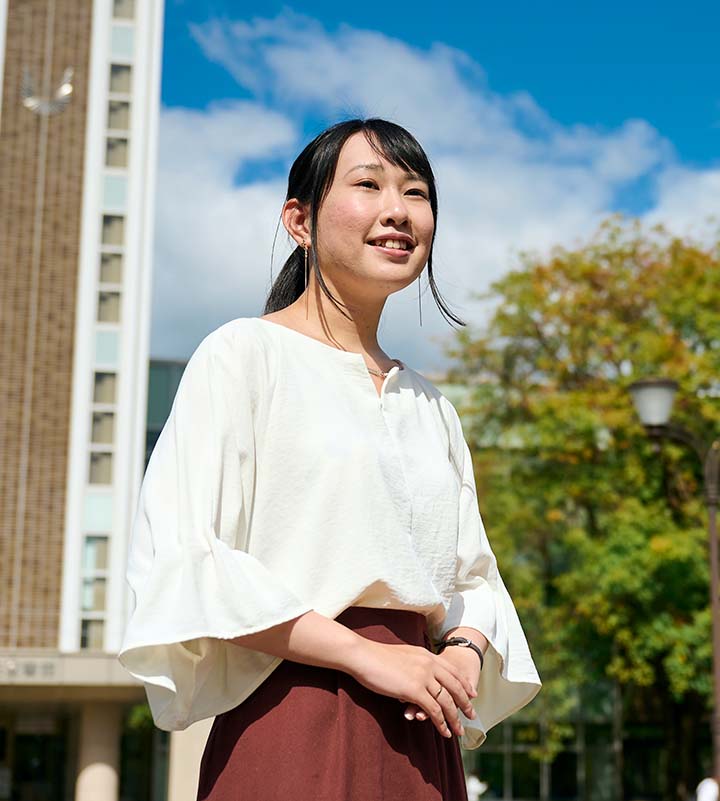
INOUE Saki
Faculty of Law
-
Student
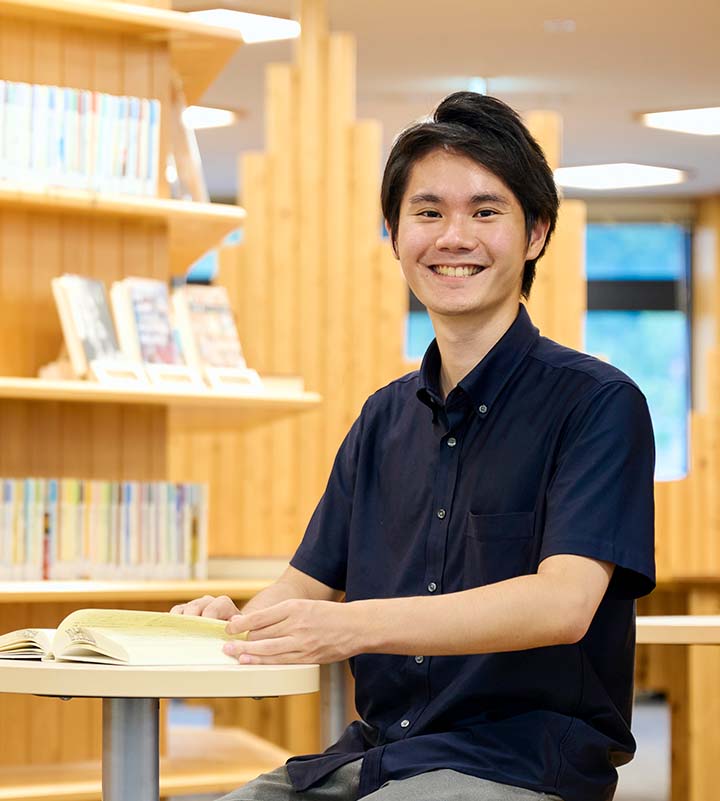
KISHABA Tomoki
Medical School
-
Student
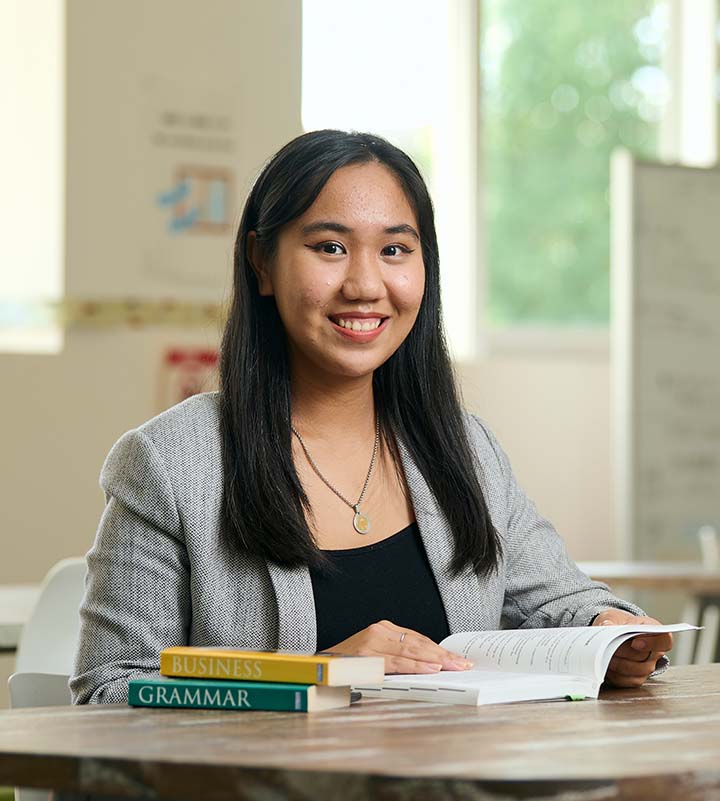
MORALES Alyana
Reina Quinto
(from Philippines)Discovery Program for Global Learners
-
Alumni
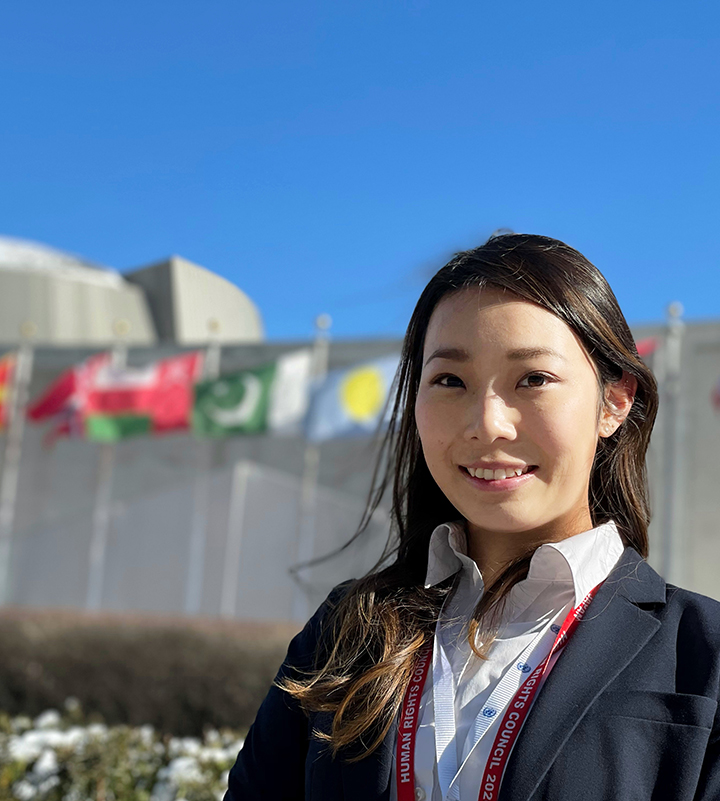
UNO Nozomi
Medical School
Graduated in 2017 -
Student
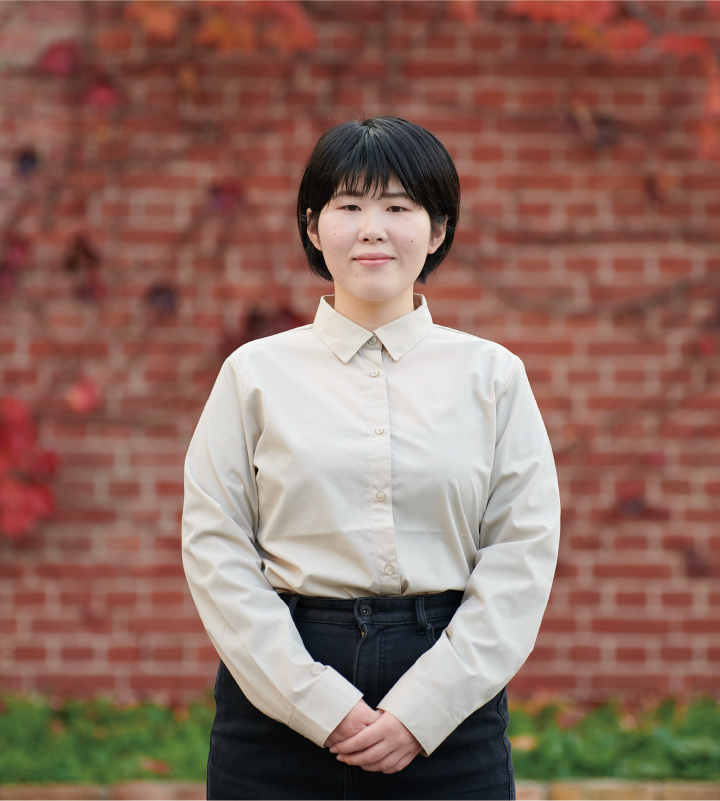
NAKAMURA Sonoko
Interdisciplinary Science
and Engineering in Health SystemsCertified Advanced All-round Achiever (Global)
-
Student
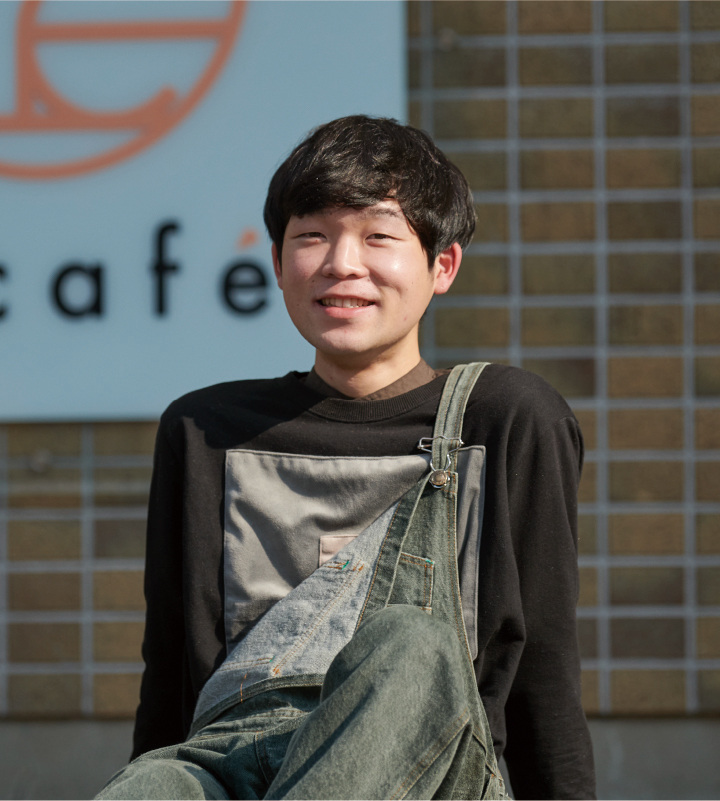
MATSUMOTO Sota
Faculty of Law
Certified Advanced All-round Achiever (Global)
-
Student
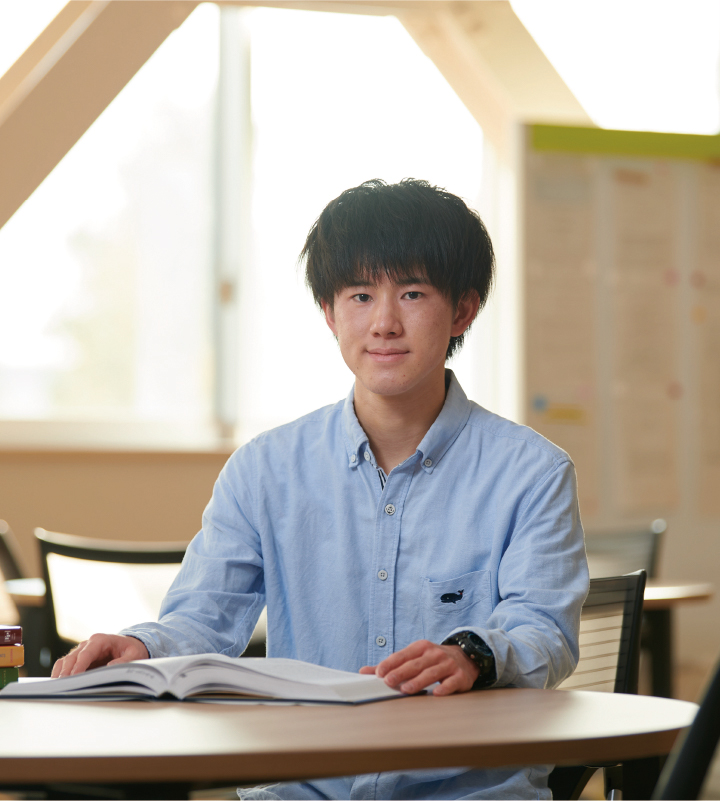
URABE Tatsuki
Discovery Program for Global Learners
-
Alumni
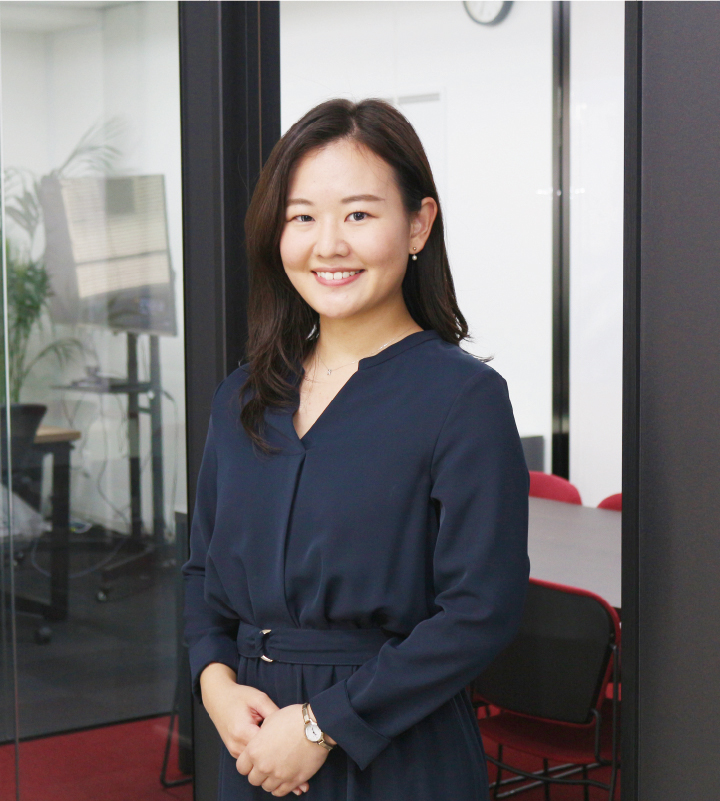
YAMADA Ai
Faculty of Agriculture
Graduated in 2019 -
Alumni
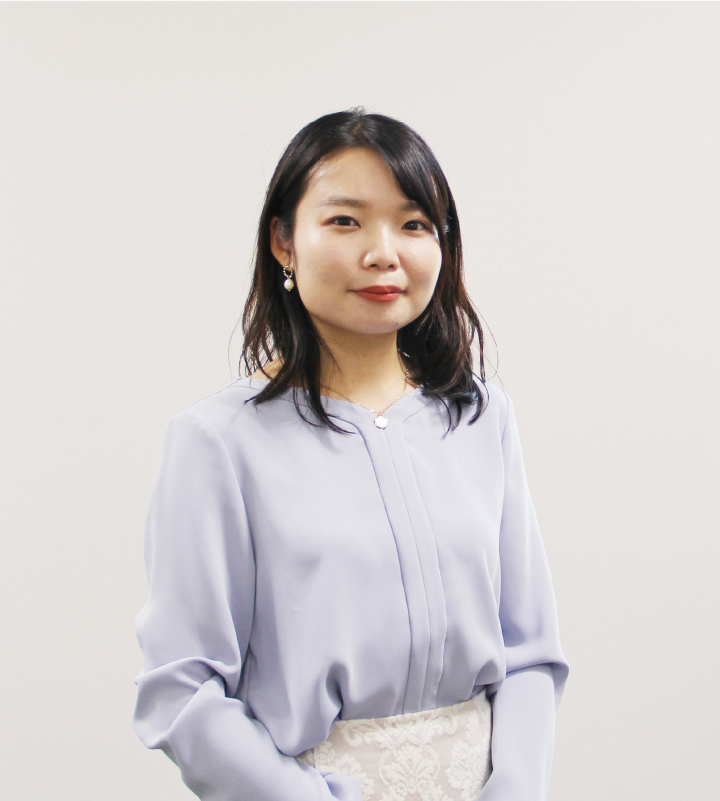
MIZO Nanami
Faculty of Letters
Graduated in 2018Certified Advanced All-round Achiever (Global)
-
Alumni
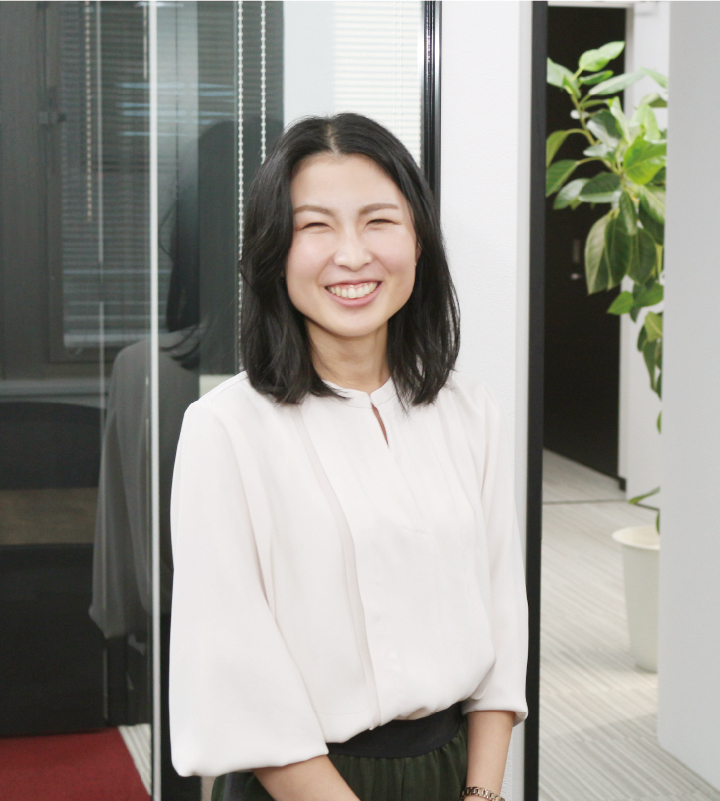
UMEZU Chisa
Faculty of Agriculture
Graduated in 2018Certified Advanced All-round Achiever (Global)
-
Student
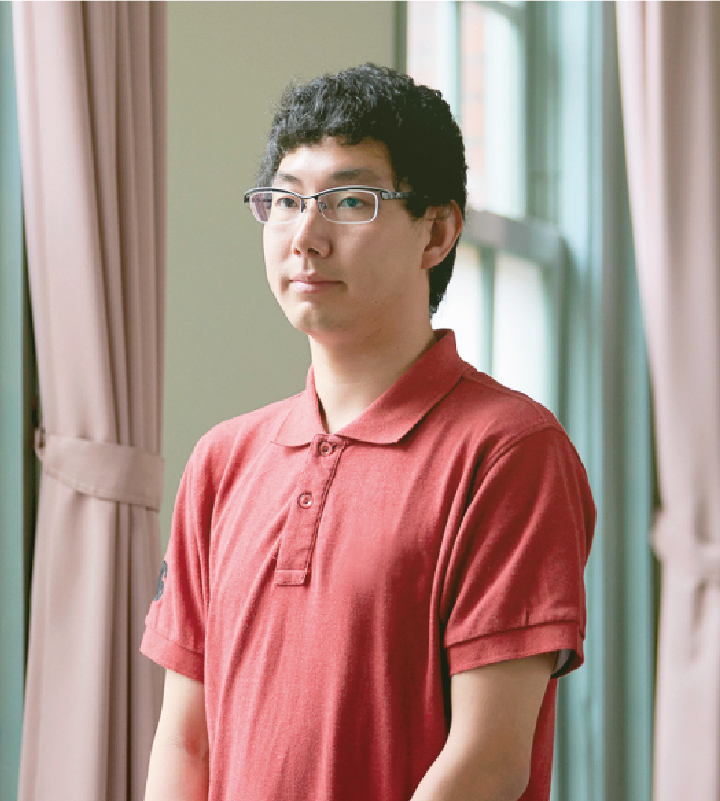
FUJII Masatoshi
Interdisciplinary Science
and Engineering in Health SystemsCertified Advanced All-round Achiever (Global)
-
Student
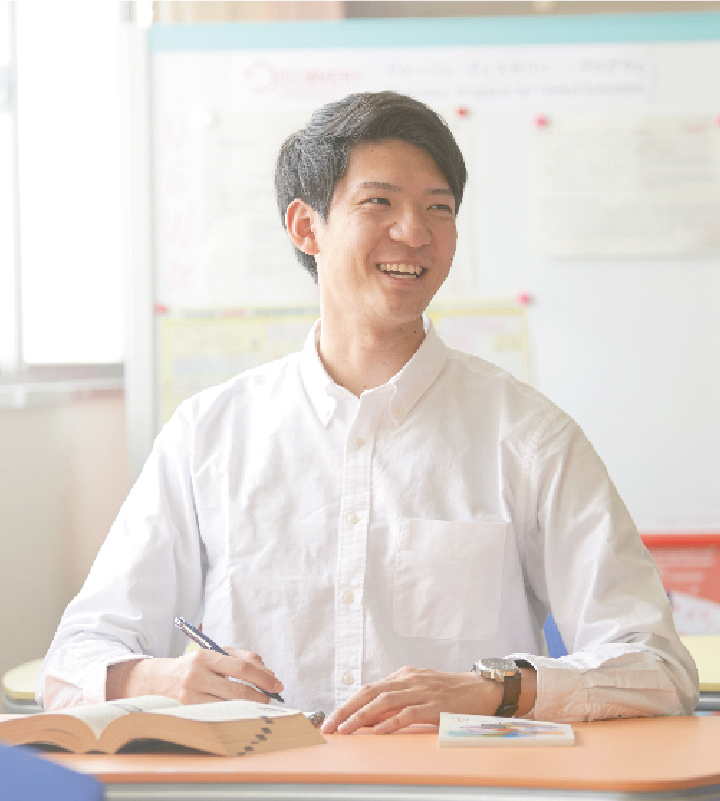
NAGASAWA Ryosuke
Faculty of Environmental Science
and Technology -
Student
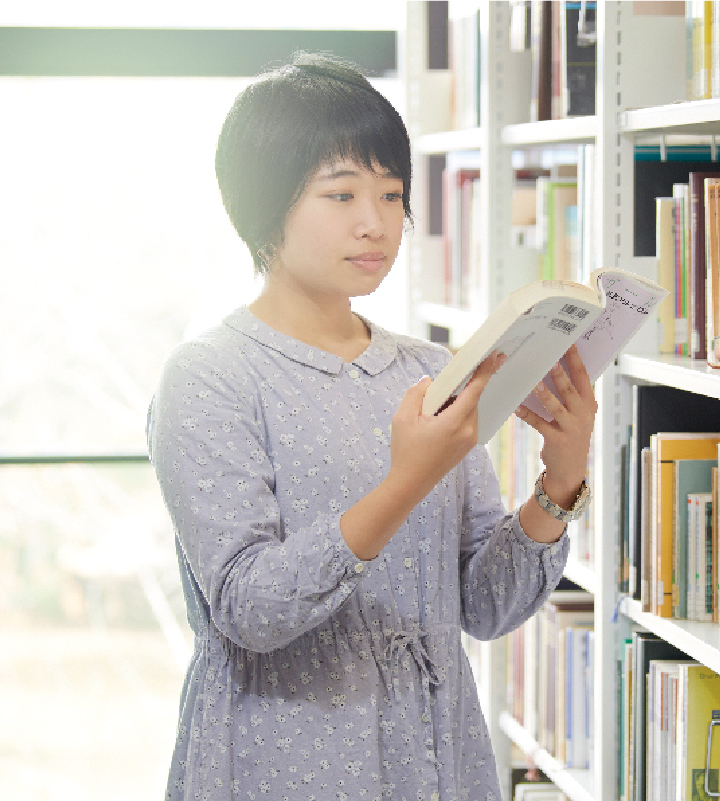
SEZAKI Hiroko
Faculty of Letters



